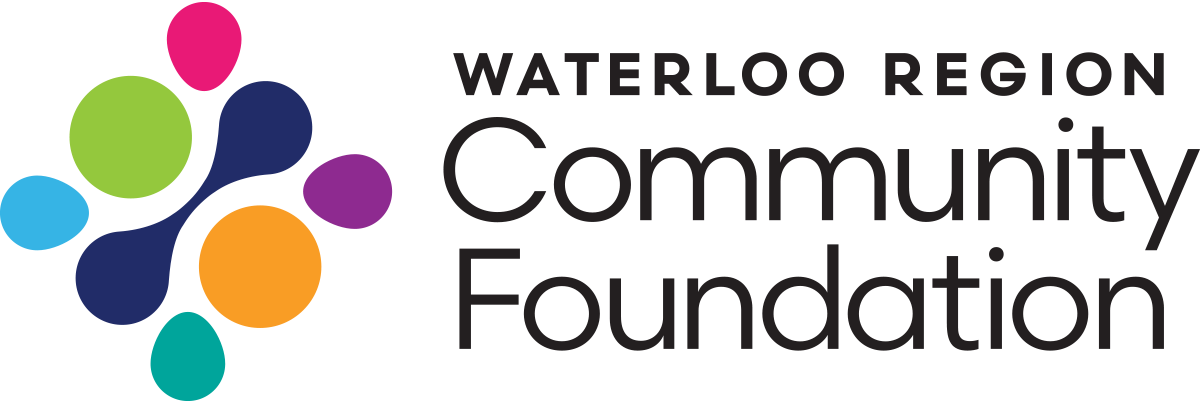'WONDERFUL OPPORTUNITY’: Community Services Recovery Fund paves path forward for Interfaith Counselling Centre
Professional counselling for those who need it, regardless of financial background.
For four decades, that’s what the New Hamburg-based Interfaith Counselling Centre (ICC) has been providing to folks in Waterloo Region’s rural communities, including Wilmot and Wellesley townships and surrounding areas.
"Our mission is that we’ll make sure everyone gets supported,” ICC Executive Director Matthew Isert Bender said. “Cost shouldn’t be a barrier to that.”
Still, it’s not without challenges for the small community-based counselling agency, which is a member of the Counselling Collaborative of Waterloo Region – a partnership between five non-profit mental health agencies aimed at making local, affordable counselling available to anyone in need across the region.
According to Isert Bender, "close to about 50% of what we do is fee-for-service,” however, 30-35% of those clients require subsidies, and in any one year, 10-15% of those clients require full subsidies.
With about 20-25% of ICC’s budget coming from government funding and community grants and donations, the agency that provides help relies on it, too.
While previous one-time government funding helped fill gaps during the COVID-19 pandemic, more recent financial help through the Community Services Recovery Fund has paved the way forward while serving as an organizational re-set of sorts for ICC.
Left to right: Matthew Isert Bender, ICC Executive Director and Tim Louis, MP Kitchener - Conestoga
The Community Services Recovery Fund was a $400-million investment from the federal government to support charities and non-profits as they focus on how to adapt their organizations for pandemic recovery. This fund was a collaboration between the Canadian Red Cross, Community Foundations of Canada, and United Way Centraide Canada.
Locally, Waterloo Region Community Foundation (WRCF) partnered with United Way Waterloo Region Communities to provide $3 million in funding to support 64 organizations across Waterloo Region.
For Isert Bender’s organization, this important financial jolt has led to the creation of its Awareness and Engagement Project, which aims to grow ICC’s donor network, build capacity, and destigmatize counselling.
“The Community Services Recovery Fund was a wonderful opportunity to have a bit more capacity to really think about, how do we do this donation fundraising, how do we work with donors, how do we make sure we at least communicate well with existing donors, and how do we build some new donors?” he said. “It’s recognizing how we continue to connect, but we’ve also got to build new donors.”
With the funding, ICC was able to create a part-time paid awareness and engagement coordinator position. A laptop was also purchased, administration hours were allotted for Isert Bender and one other staff member to focus on promotional efforts, ICC’s website was updated, and a donor management system was put in place.
It's still early days and the results of the funding and subsequent re-imagined administrative efforts won’t likely be known for some time, but Isert Bender said there has already been a drastic uptick in social media engagement and followers in recent months.
“Just the volume and consistency of presence on some of those platforms... the level of engagement has increased. The question a year from now is, how is that translating to increased donations? Time will tell,” he said.
Donations aside, ICC’s Awareness and Engagement Project has meant that its messages about the importance of mental health are also enjoying increased reach.
“If people are liking and sharing, then they are engaging and just that in and of itself is a part of our mission,” Isert Bender said. “The other is destigmatizing counselling. Mental health and seeking help — it takes strength. It’s part of being human. It’s not weakness. That’s another key theme that’s a bit harder to track or measure.”
“Attending counselling was the best thing I’ve ever done for myself in my life. I had the perfect person to work with and they were excellent in gaining my trust after our first meeting. I always felt counselling was for weak people, but now I understand the value of it and how very important it is. I could not have asked for anything more. Thank you.”
The Community Services Recovery Fund has been a bright spot through what has been a cloudy financial period for ICC.
“For us, it’s a real gift, and, really, it’s essential for us,” he added. “Our expertise is delivering counselling. And to know that there are some organizations out there who have expertise in knowing what’s out there and helping to bring funds in, and a mechanism to help distribute them, to serve our whole region, wow, that feels really good. WRCF and United Way Waterloo Region Communities have been wonderful partners.”
The work never stops for ICC in its aim to strengthen the fabric of the community, and that means continuing to leverage any financial help, including the Community Services Recovery Fund.
“We are encouraged by this funding,” said Isert Bender. “We are doing all we can to be connected in the communities we serve. We hope this re-engages old donors as well as helps us build relationships with new donors.”
For more information on Interfaith Counselling Centre and the services they provide, visit interfaithcounselling.ca.
To learn more about the Community Services Recovery Fund, and to see a list of Waterloo Region organizations funded through this program, go to wrcf.ca/news/csrf-results.


